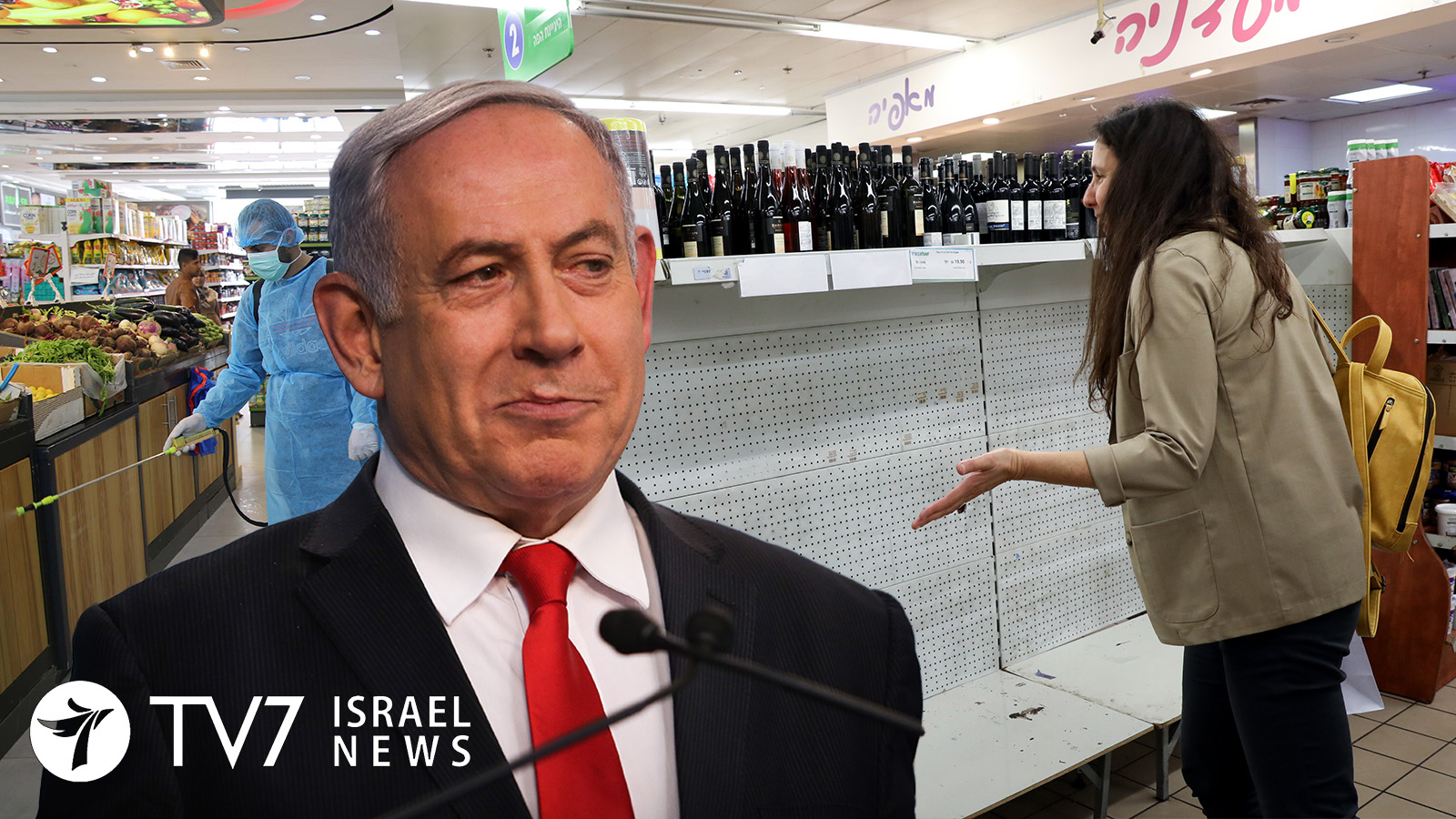The number of Israelis who contracted the coronavirus is steadily rising, with more than 80 confirmed cases to date.
In light of the sharp rise of infections this week, the Ministry of Health issued several new restrictions as well as a series of recommendations. These include the prohibition of public gatherings of more than 2,000 people and an advisory against public visitation to any hospitals or retirement homes.
The military’s Coordinator of Government Activities in the Territories (COGAT) announced that the Allenby border crossing between Israel and its eastern neighbor Jordan has been shut to travelers in both directions until further notice due to the growing spread of the coronavirus contagion across the Middle East.
Domestic and international airlines are continuing to scale back flights to and from Israel following the government’s imposition of a compulsory 14-day self-quarantine for all those entering the country, both citizens and visitors alike. The U.S. Delta Air Lines carrier announced the suspension of its New York-Tel Aviv route beginning on Saturday, 14 March; while El Al Israel Airlines cancelled flights to 20 destinations today, including Amsterdam, Barcelona, Paris, Zurich and Warsaw.
The drastic measures taken by the current transition government in Jerusalem are evidently impacting the population and economy. There are shortages of dry foods and other long-lasting commodities as customers flood grocery stores across the country amid concerns of potentially being forced into long term quarantine. The value of the national currency, the New Israeli Shekel (NIS,₪ ), declined sharply from 3.73₪ per 1 Euro on 26 February to just over 4.03₪ today, while rising from 3.43₪ to slightly more than 3.55₪ per U.S. dollar on the same dates.
In efforts to reassure the public, Israeli Prime Minister Benjamin Netanyahu announced that he has held “a series of economic discussions with the Finance Minister, the Economy and Industry Minister, the Governor of the Bank of Israel and others in order to ensure the resilience of the economy.” After restating that the national economy is “in an excellent situation” that is “better than most countries around the world,” he said a ₪4 billion fund has been established to help businesses hurt by the coronavirus and that the government is “working to add additional money.”
Netanyahu also underscored there is no need for panic buying among the public. “There is no reason to storm the supermarkets,” he stressed, because “most supplies to the State of Israel come by sea – products, raw materials, all these things, including food.”
“There is more than enough food, and there will be more than enough food,” said the Premier, adding that the government is also “taking all steps and measures at our disposal to ensure that here, too, there will be an orderly supply by air to Israel.”
